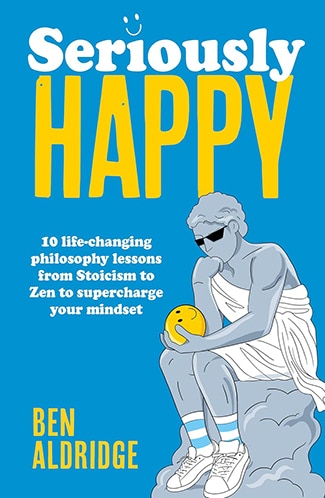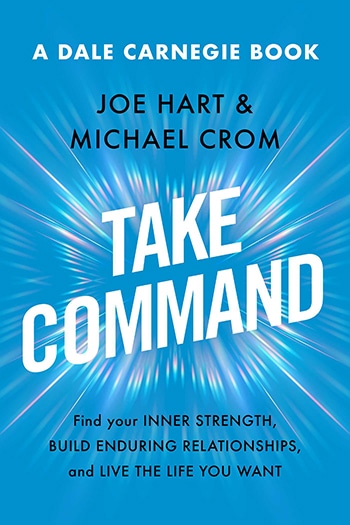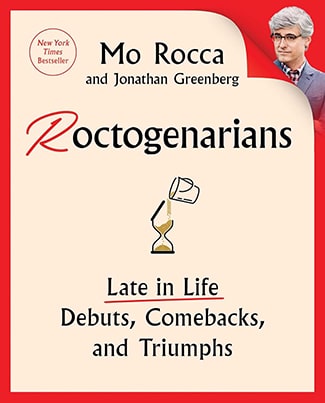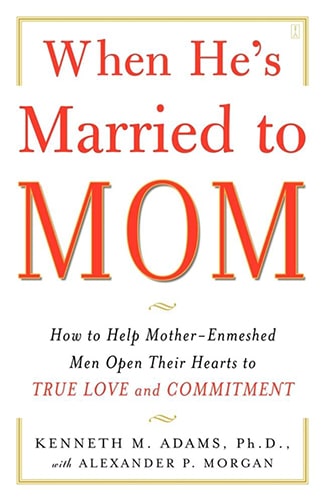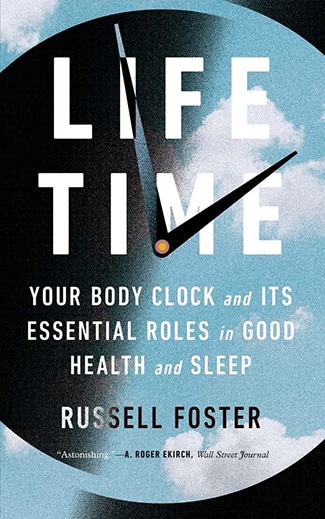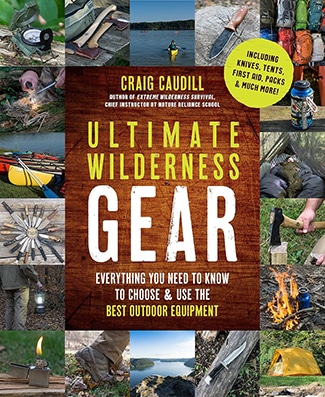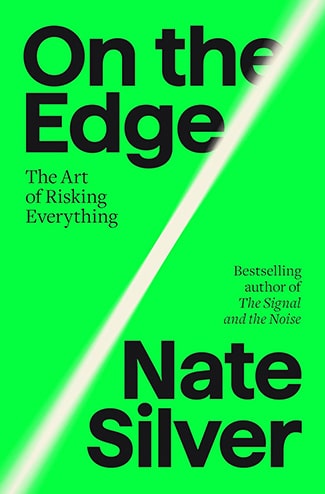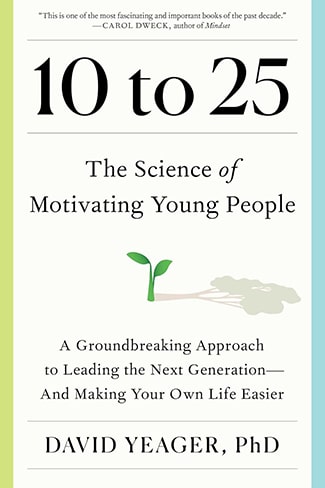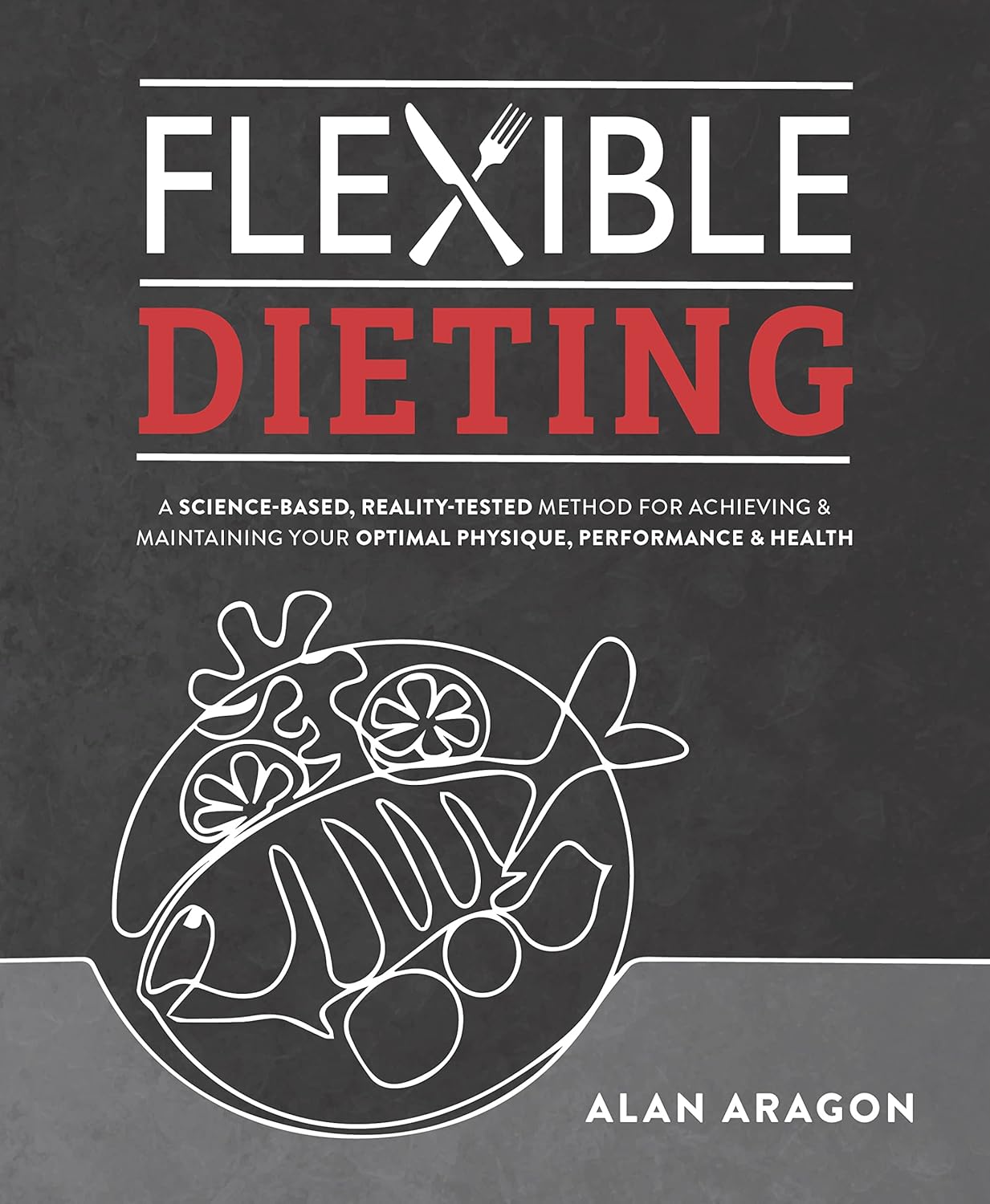Podcast Summary
Revitalizing Fraternities for Heroic Masculinity: Dr. Anthony Bradley proposes reviving college fraternities to foster heroic masculinity, addressing disordered masculinity and its negative impacts on society, by instilling six principles: self-transcendence, commitment to community, and living a purposeful life.
Dr. Anthony Bradley, a professor and author, suggests revitalizing college fraternities as a solution to the struggles men face in the modern day. He believes that fraternities can be a training ground for virtue and shape great men, despite their negative reputation at some universities. Disordered masculinity, a self-oriented form of masculinity, is a major issue in society, with men being increasingly disengaged and falling behind, especially in education. Karen Horney, a post-World War II psychologist, influenced Bradley's understanding of disordered masculinity, which is characterized by naval-gazing, self-serving, self-centered, and self-preserving behaviors. By reviving fraternities with six principles, Bradley aims to foster heroic masculinity, which focuses on self-transcendence, commitment to community, and living a purposeful life.
Handling Uncertainty and Anxiety: People handle uncertainty and anxiety differently, categorized as self-expansive, self-effacing, self-resigned, or idealized self. Modern life can push men towards self-resignation, leading to feelings of neglect, father wounds, toxic masculinity, and a lack of affirmation.
People handle uncertainty and anxiety in life through different ways, which can be categorized as self-expansive, self-effacing, self-resigned, or idealized self. Self-expansive individuals, who can be seen as narcissistic or type A, focus on winning and dominating, often using others to stay on top. Self-effacing individuals, or the classic nice guys, are desperate for validation and love, constantly pleasing others to maintain relationships. Self-resigned individuals have given up on participating in life and have resigned themselves to being alone. Lastly, the idealized self is the persona we believe we must be to be acceptable to ourselves and others, often leading to fakeness and wearing masks. Modern life, with its changing economy and societal expectations, can push more men towards self-resignation, as they struggle to find their place and deal with neglect, father wounds, toxic masculinity, and a lack of affirmation.
Finding Purpose Beyond Self-Preservation: Men find greater meaning and significance in life when they use their presence, power, and strengths for the benefit of others, rather than just focusing on self-preservation. This approach fosters a thriving community and helps prevent feelings of worthlessness and anxiety.
The discussion highlights the importance of men finding purpose and value beyond self-preservation. Disordered masculinity stems from feelings of worthlessness and a void of motivation and purpose, leading to anxiety, depression, and suicide. Heroic masculinity, on the other hand, emphasizes using one's presence, power, and strengths for the benefit of others, creating a thriving community where everyone can flourish. This selfless approach not only benefits others but also helps the man find meaning and significance in his life. Fraternities can be a place to cultivate heroic masculinity, despite negative stereotypes, by fostering a sense of brotherhood, camaraderie, and shared purpose. Men can learn to serve, support, and uplift each other, creating a positive impact on their lives and the lives of those around them.
Fraternity's Origin and Core Values: Fraternities originated as a response to the changing social landscape, providing a sense of brotherhood, camaraderie, and intellectual development for young men. Core values have remained consistent despite negative publicity.
While fraternities have faced negative publicity for incidents of hazing and sexual assault, the majority of fraternity chapters focus on providing a sense of brotherhood, camaraderie, and friendship for young men. Fraternities originated in the early 19th century as a response to the changing social landscape, where men were working away from home and attending college in larger numbers. They served as a surrogate family and a place for character and intellectual development. Greek names and classical education were reflective of this focus. However, the reputation of Greek culture took a turn in the 1920s with the influence of the roaring twenties, leading to a perception of excessive partying and disregard for women's reputations. Despite this, the core values of fraternities have remained consistent throughout history.
Movies and Greek life stereotypes: Movies like 'Animal House' during the 1980s and 1990s contributed to negative stereotypes of Greek life, providing a context for men with disordered masculinity to act out disruptive behavior. However, fraternities don't inherently create terrible men, and Gen Z members are drinking less but experiencing an increase in substance abuse.
The portrayal of fraternity life in movies, particularly "Animal House" during the 1980s and 1990s, significantly influenced the negative stereotypes and behaviors associated with Greek life today. This shift occurred as men with disordered masculinity sought out fraternities as a place to exercise their disruptive behavior. However, it's important to note that fraternities don't inherently create terrible men, but rather provide a context for some to act out their disordered behavior. Additionally, research indicates that Gen Z fraternity members are drinking less, but there's an alarming increase in substance abuse. Overall, Greek life trends mirror those of Gen Z in general, with less alcohol use and declines in sexual activity, but an uptick in pill and marijuana use.
Rites of Passage for Young Men: The absence of clear rites of passage and older male figures can lead to dangerous hazing rituals, while the presence of mature men can help prevent them.
The lack of clear rites of passage for young men from boyhood into manhood can lead them to create their own hazing rituals, which can escalate and put people's lives in danger. The absence of older male figures to provide guidance and direction can exacerbate this issue. The presence of mature men, such as chapter advisors and alumni, can help regulate young men's behavior and prevent hazing. Suspending or eliminating fraternities may not solve the problem as young men may still engage in hazing activities outside of these organizations. Instead, providing clear markers of manhood and offering positive role models can help prevent hazing and its negative consequences. The study of elephant behavior in South Africa illustrates the impact of older, mature males on managing aggression and sexuality in young males, highlighting the importance of older male figures in guiding young men through their development.
Fraternities as opportunities for growth: Fraternities can foster genuine friendship, brotherhood, and initiation, providing a supportive environment for young men to transition from boyhood to manhood, while also prioritizing character and professional development.
Greek life, including fraternities, should not be blamed for the existence of pathologies on college campuses. Instead, they should be seen as opportunities for formation and growth. Fraternities can foster genuine friendship, brotherhood, and initiation that help young men transition from boyhood to manhood. They can provide a supportive environment where vulnerability and acceptance are encouraged, and brotherhood is valued. Fraternities should also focus on fun, but not at the expense of virtuous activities that add value to members' lives. Moreover, fraternities should prioritize character and professional development, utilizing their alumni networks to help members grow beyond their college years. In essence, fraternities can be heroic institutions if they remain committed to their original values and virtues, providing a positive impact on their members and their communities.
Fraternity resources: Fraternities offer valuable resources like career development, character development, and a focus on being the safest and most ennobling places for women, positively impacting members and campus communities.
Fraternities can provide valuable resources for their members beyond social connections. These resources include career development through involved alumni and character development based on a fraternity's values. Fraternities can strive to be the safest and most ennobling places for women on campus, and men join fraternities with the desire to be great men, but often need guidance to achieve this goal. Dr. Anthony Bradley, the author of "Her Oak Ribbon Fraternities," emphasizes the importance of fraternities focusing on these areas to positively impact their members and campus communities. To learn more about Dr. Bradley and his work, visit his website, Dr.AnthonyBradley.com, or search for "your work fraternities" online. Remember, the A1 Podcast aims to help men improve every area of their lives, so put the information you've learned into action.

